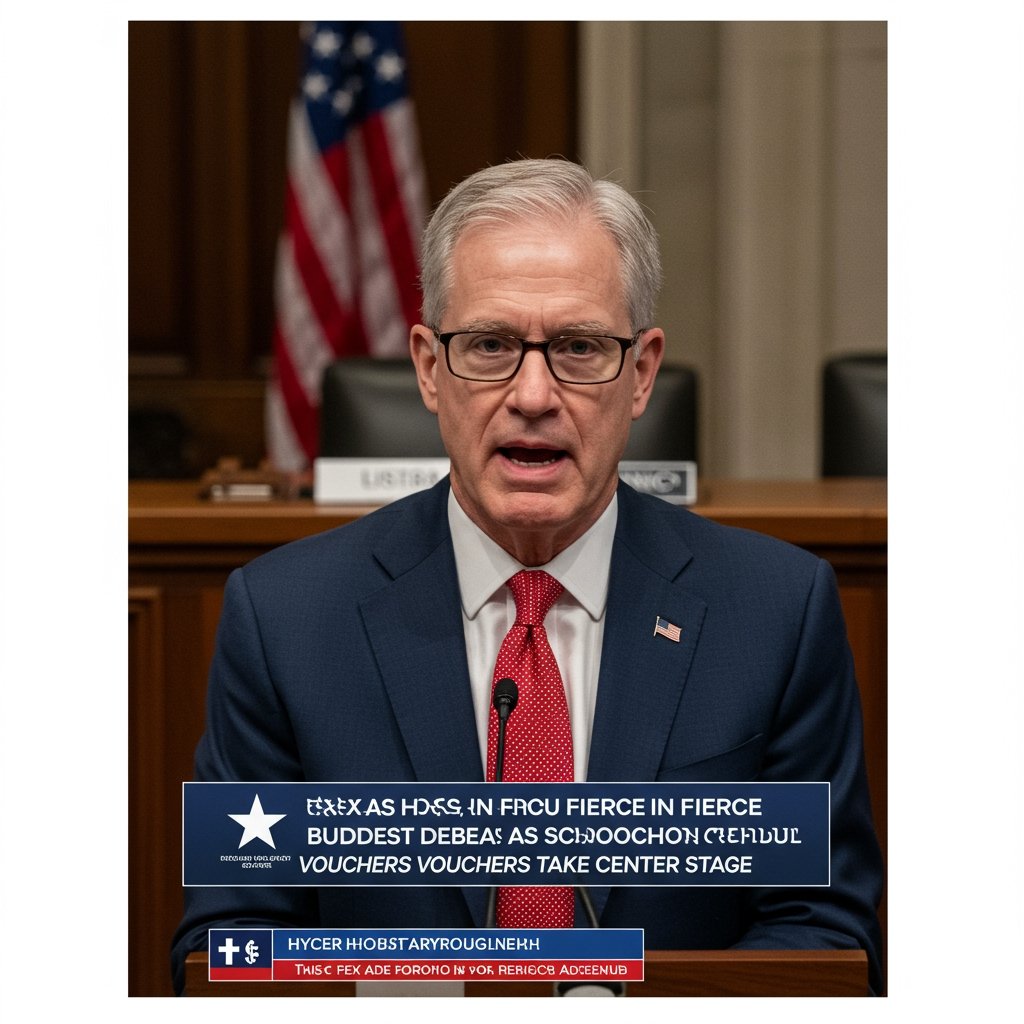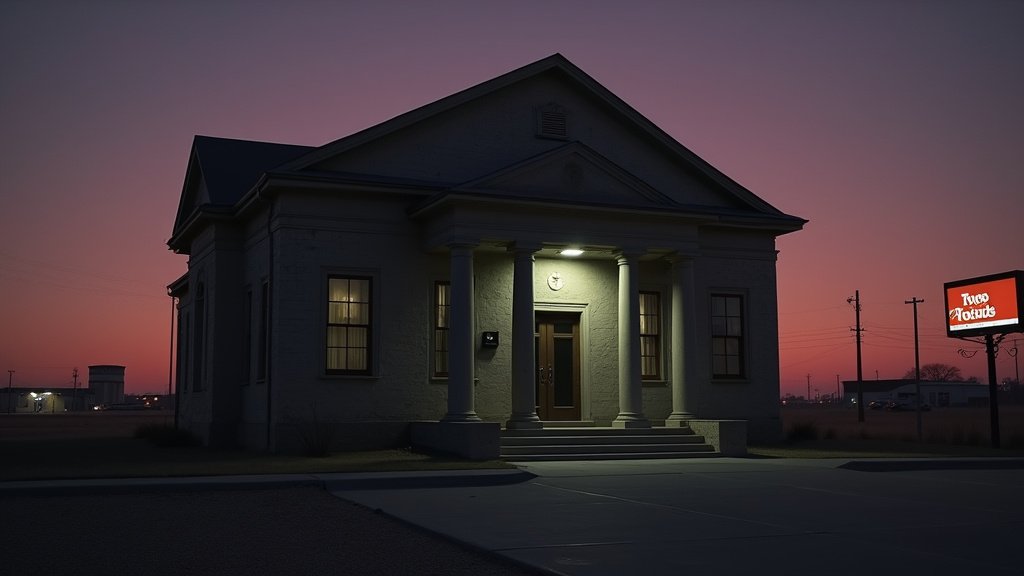Texas House Kicks Off Contentious Budget Deliberations
Austin, Texas – The Texas House of Representatives today commenced what is expected to be a prolonged and often fractious floor debate on the state’s critical biennial budget bill, HB 1. This landmark piece of legislation outlines the state’s financial priorities and expenditures for the upcoming two fiscal years, dictating funding levels for virtually every aspect of state government, from healthcare and infrastructure to public safety and education. As deliberations began, lawmakers faced the daunting task of scrutinizing and amending a bill already shaped by extensive work in committee.
Education Funding Boost Meets Fierce Voucher Proposals
The base text of HB 1 notably incorporates a significant increase in state funding for K-12 public education. This includes the $5 billion increase for K-12 education previously approved by the Senate Finance Committee, a move widely seen as a legislative priority aimed at addressing rising costs and potentially boosting teacher pay or reducing property taxes. However, the initial hours of floor debate quickly revealed that consensus on education funding would be overshadowed by a more divisive issue: school choice.
Discussions rapidly centered on a series of controversial amendments proposed by various representatives. At the heart of these proposals was the push to create a statewide school choice voucher program. Such programs, also sometimes referred to as educational savings accounts or scholarships, would allow parents to use public funds allocated for their child’s education to pay for tuition and fees at private or religious schools, or for other approved educational expenses outside of the public school system.
Deep Divisions Emerge on School Choice
The introduction of these school choice voucher program amendments ignited a sharp division within the chamber, exposing deep philosophical and practical disagreements among lawmakers. Proponents of the voucher amendments framed their arguments primarily around the concept of parental choice. They contended that parents, as the primary decision-makers for their children’s upbringing, should have the ability to choose the educational environment that best suits their child’s individual needs, regardless of their socioeconomic status or geographical location. Supporters argued that competition from private options would also incentivize public schools to improve.
Conversely, opponents of the voucher proposals voiced strong opposition, arguing vehemently that diverting public education funds to private institutions would fundamentally undermine the public school system. This group included many rural lawmakers from across the political spectrum, who expressed concerns that voucher programs would disproportionately benefit students in urban or suburban areas where private school options are more readily available, while simultaneously siphoning resources away from often-underfunded rural schools that serve as the sole educational option for their communities. A significant number of Democrats also stood firmly against the voucher amendments, aligning with teacher organizations and public school advocates who argue that public funds should be solely invested in improving and supporting public schools that are mandated to educate all students.
The Stakes and Uncertain Outlook
The debate on HB 1 and its potential amendments carries immense stakes. The state budget not only funds current operations but also sets precedents for future spending and policy directions. The inclusion or exclusion of a statewide school choice voucher program could reshape Texas’s educational landscape for generations, impacting everything from school district finances and property tax rates to the availability and accessibility of educational options for families.
The fierce disagreements over school choice have created considerable uncertainty for the bill’s passage. With the legislative session’s effective end date looming, time is a critical factor. The budget bill must pass both the House and the Senate in identical form before the session concludes. Significant alterations, particularly on contentious issues like education funding mechanisms, can trigger lengthy conference committee negotiations, further compressing the timeline and increasing the risk of gridlock. The intensity of the debate on the House floor today signals that HB 1‘s path to becoming law will likely be arduous, with the future of public education funding and school choice vouchers hanging precariously in the balance.






